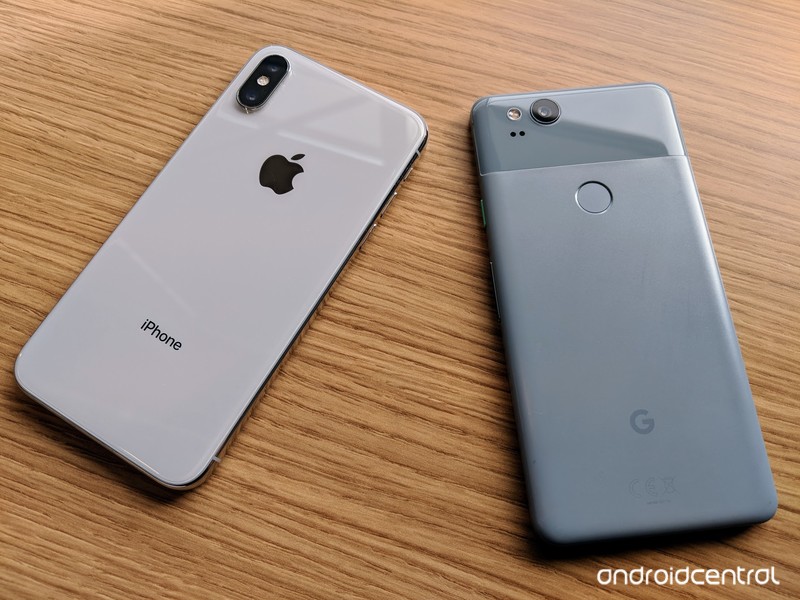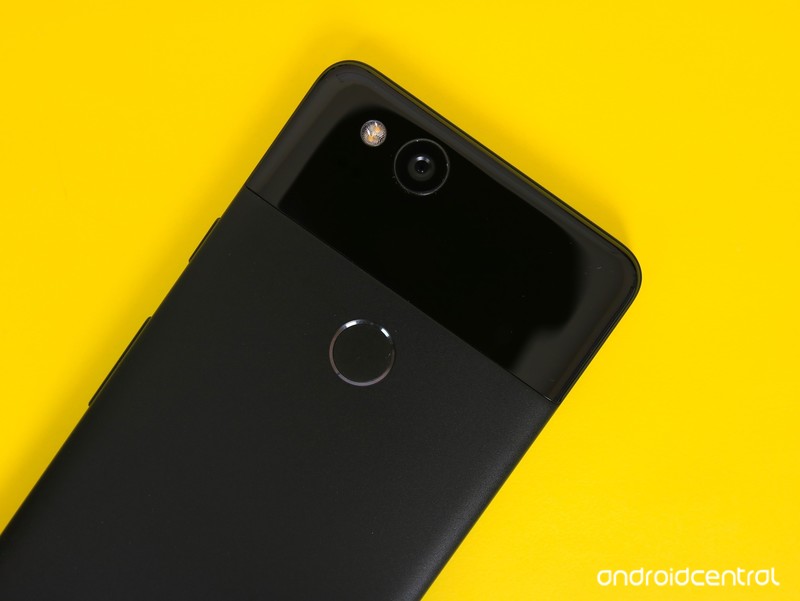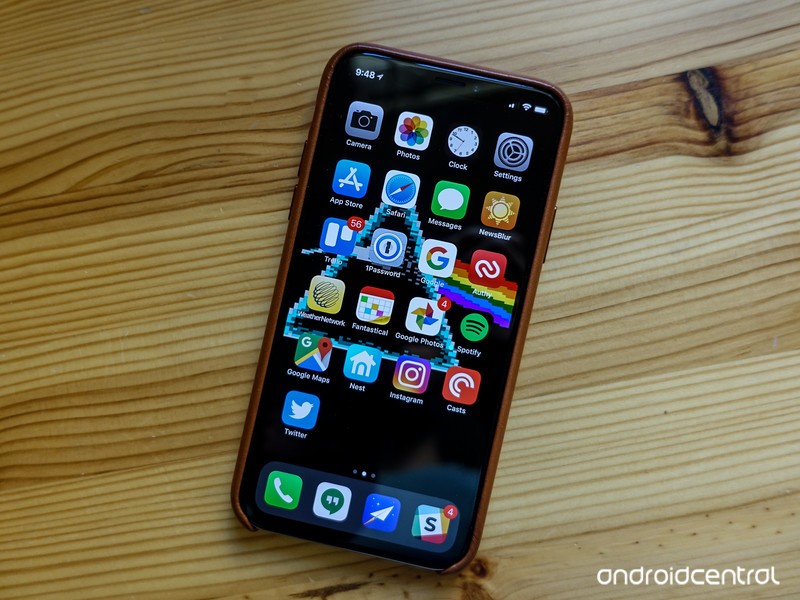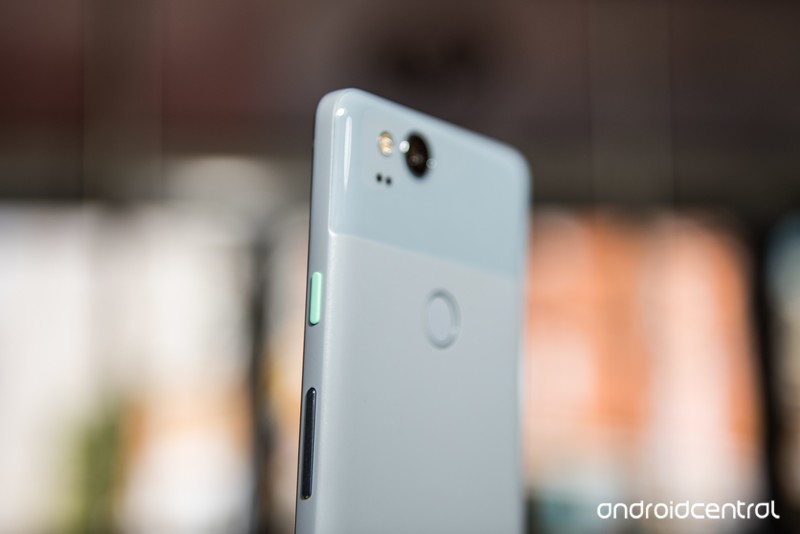Based on materials from androidcentral.com

Behind the years that have gone into cloning functions and trying to outdo each other – and now Android and iOS are gradually becoming the same … Every year we hear loud statements from Apple and Google talks about what unique mission each company has, and then we see 'unique' features that painfully resemble what a competitor is offering.
And now we have iPhone X and Google Pixel 2 on our table, and to be honest, each of them can be picked up and used without the feeling that there is a lack of any particularly important function compared to other device. If we ignore what a particular user does, what applications he installs, the difference between one and the other experience, although it was once fundamental, has now disappeared.
So, again: for very many users, there is no longer a tangible difference in functionality between iOS and Android.
How did we get to this life?

From the first days of development of each of the operating systems to the present day, a lot has changed. As they matured iOS and Android they needed to acquire both hardware and software features that would be attractive to the user. Geeks looked to the little things like cut-and-paste or the decision to use larger displays as copying the success of a competitor, but in reality the main features have already become quite similar before. You pick up the phone, open the app, use the app, and put the phone back.
While Apple preferred to prioritize security and Google more 'intelligence', the truth was this: How most people use their smartphones depends a lot on how much they have have access to what is available to their friends. Therefore, the priority and necessary for universal adoption have become 'little things' that make applications easier to use and make it easier to share something on the web.
If we take a closer look at operating systems, we can see that the differences between them are small, although many bloggers say they are huge. For example, Android makes it easier to share information between applications. If you click on a YouTube link in one app to play the video, the YouTube app will open, not the YouTube tab in your browser. Meanwhile, Apple carefully and in detail controls the information that applications receive and transmit.
But it is unlikely that such matters will be pondered, for example, by a housewife, who is much more interested in receiving the latest fitness app update on her phone or finding a funny camera app to entertain children. They are rather important for a limited circle of geeks, and with each new generation the difference becomes less noticeable.

Since applications are the most important component of the experience, the most important thing is to make sure that your OS gives you the best experience with that application and to make sure that it is different on other operating systems. For example, for Apple iMessage has always been such an application.
Google tried countless times to copy the special magic of popular instant messengers, and failed. At the same time, fans Apple considered it shameful to correspond with those who did not have iPhone. Meanwhile, Google's advancements in digital photography have propelled 'pixels' into the lead in the field, without any superior sensor performance. Apple and Google could have easily cooperated, but unique apps have become a tool to fight for the user choosing a new smartphone.
What will happen next?
Comparing the two operating systems can be infinitely simplified to convey the main idea, but it is important to highlight the main difference between the two. In this quest to make apps something like Google's currency, there were problems that Apple never had to worry about.
Samsung controls most of the market Android – devices and regularly tries to create its own versions of Google software separately from Google. Pixel devices are not the most popular in the world Android, but they set the standard for how they should look and work Android. Galaxy smartphones not only cannot do everything that 'pixels' can do – they are littered with bad copies of the best features from Google. Google is deprived of the full control over its platform that Apple does. Many changes are made through Play services instead of full OS updates. Google cannot update any part of the smartphone this way, but anything that can be changed programmatically is easy to customize and improve in a moment.
There is also a big problem with universality in the ecosystem Apple. If you use all products from Apple, the user experience can be very good. Step to the side and everything starts to fall apart.
The only fitness tracker that works well with the wonderful achievement system from Apple presented as rings is Apple Watch. HomePod is the only real fit if you are using Apple Music. And the problem goes beyond the hardware. For example, you may not like the keyboard Apple, but you can never completely abandon it in favor of the one you like. For your safety, the keyboard Apple is needed when you enter your password, and some applications require it by default instead of the one you choose.
Another example is a browser. Safari is the default for everything, and if you ditch it, your user experience in iOS as a whole will suffer noticeably. Fortunately, in this case, Safari is the browser that works best on iOS. But it’s not a user-friendly idea to tell him that he can use any application he wants, and then artificially restrict the capabilities of products not from Apple.
Many, perhaps even the majority of users Apple are happy with the closed nature of their platform. Likewise, the vast majority of users Android are satisfied with what they get from their device right from the start. Therefore, for example, in the United States, many operators have been trying for so long to get more control over the applications that are on the phone out of the box. Before their eyes was a huge amount of money that they could get from application developers aiming to occupy this niche. And this continues to be relevant today, albeit to a lesser extent, because it works.
Most likely, a smartphone owner will use an application that is already on their device, unless they have friends and colleagues who use another application. We spend more and more time in apps, but research shows that more than half of our users don't search for new apps on a regular basis.

And the bottom line is that both platforms from the point of view of functionality have almost reached the state that they are indistinguishable from each other. You may find the buttons in different places, and to perform a particular action, you will need a different number of taps or swipes. But you cannot find a single daily action that would be on one platform and which would not be on another. Android has more opportunities to customize everything for yourself, and having iPad, it's so nice to take it and continue working on the article exactly from the place where you stopped working with it on iPhone. But if we start looking for something to demonstrate to others, saying 'this is possible on my smartphone, but not on yours', we will see very little difference.
And for the OS Android this is just great news. The competition Apple and Google has long been deadlocked. The difference in camera quality comes down to minor details. The performance of top-end smartphones is almost indistinguishable. All of our apps are available anywhere. And this situation has become a reality thanks to the maturity of both platforms, but it forces more and more efforts to keep users from moving to a competitor instead of working on improving the achieved system capabilities.
